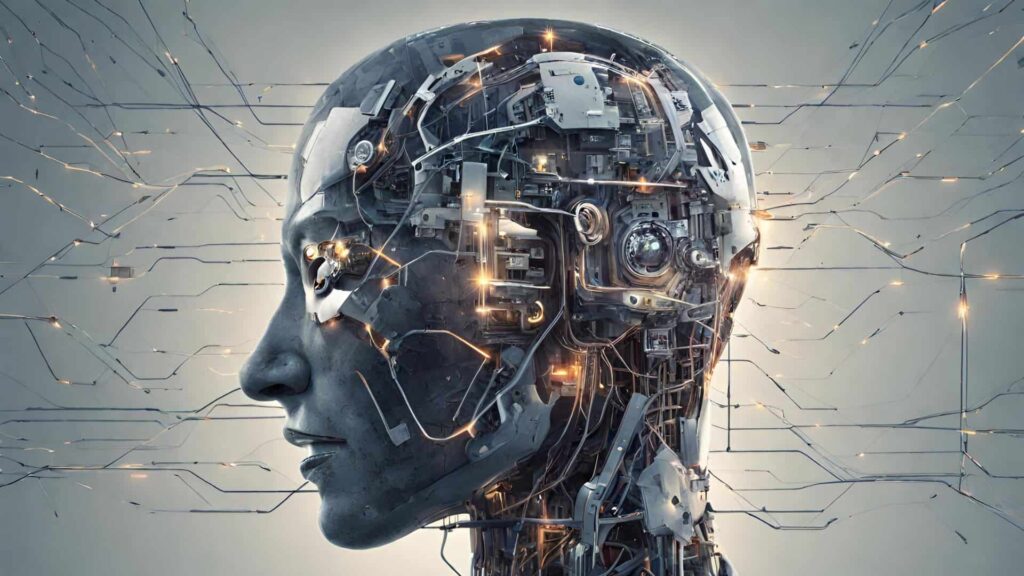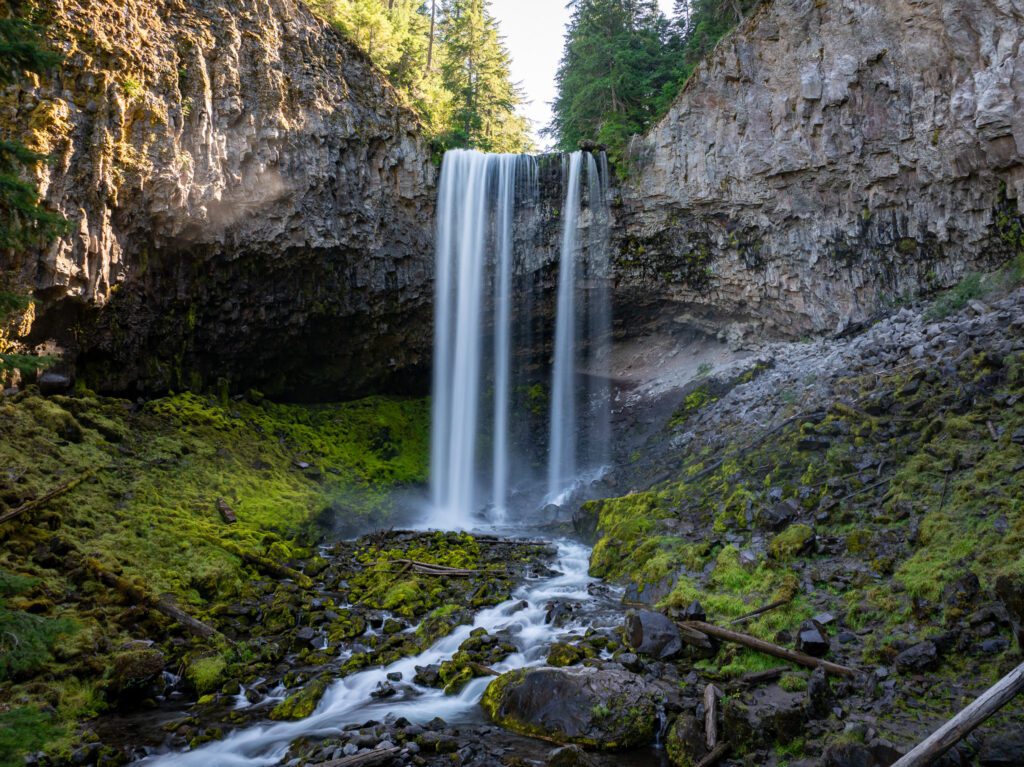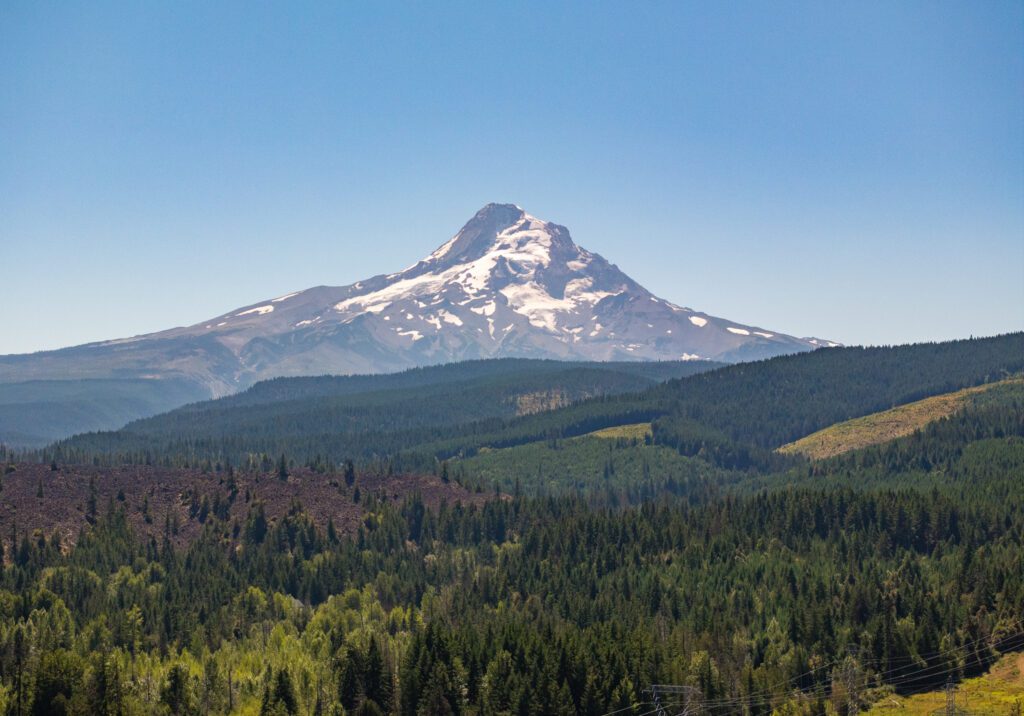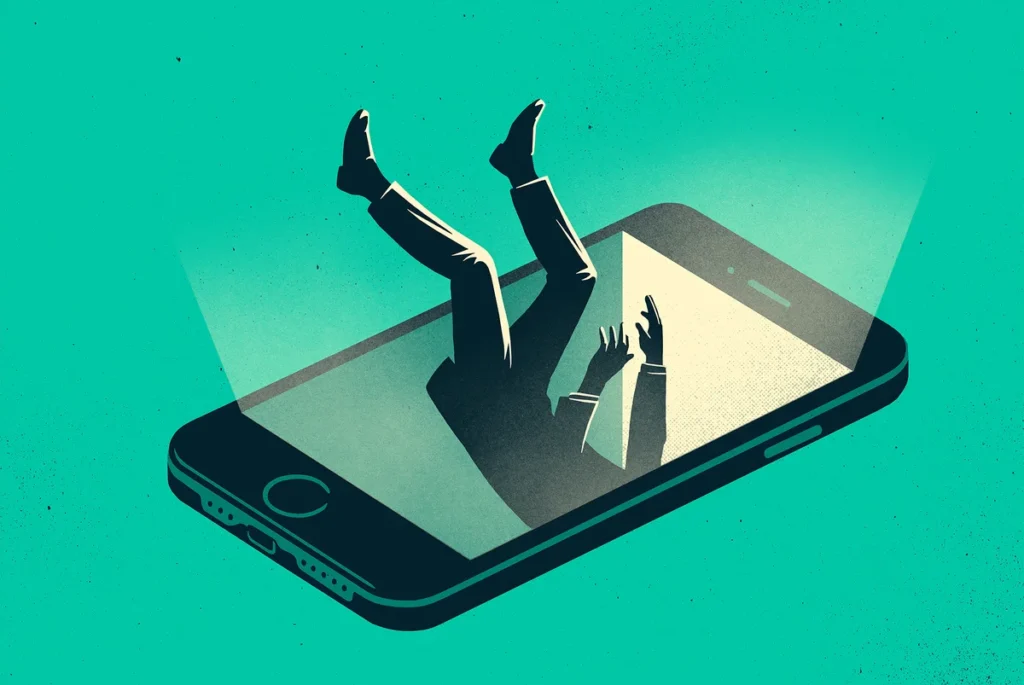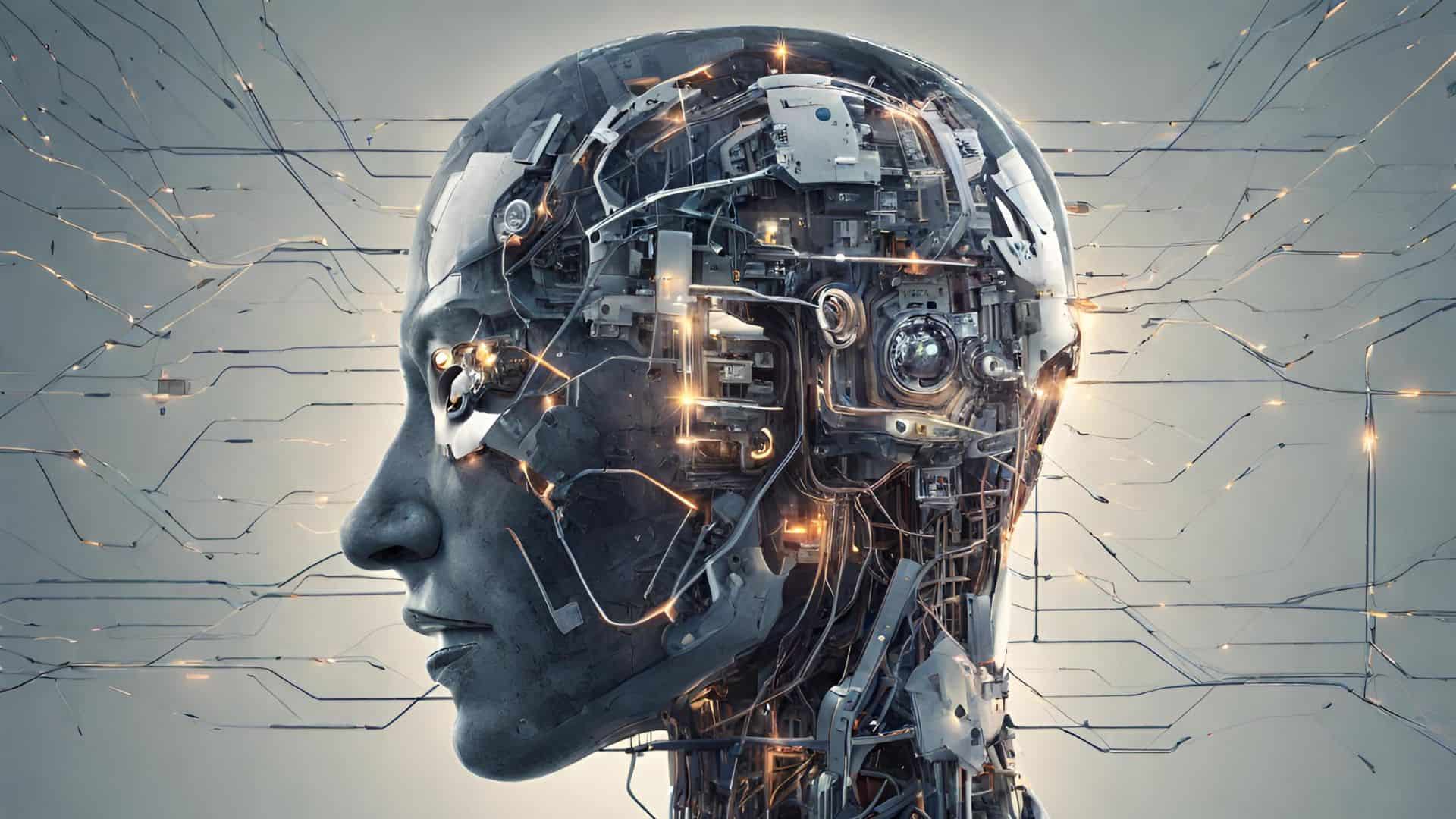Table of Contents
- Creativity Isn’t Going Away
- What This Means for Businesses
- For Creators Like Me
- Collaboration, Not Competition
- The Opportunity Ahead
- FAQs
AI and the Future of Creative Content — two words that have the power to excite, intimidate, and confuse all at once.
For some, it feels like the future we’ve been waiting for. For others, it feels like the end of creativity as we know it. But if you’re a business owner, a photographer, or a filmmaker like me, one thing is clear: AI is here, and it’s not going away.
The real question isn’t whether AI will change things. It already has. The question is: how will we use it?
Creativity Isn’t Going Away in AI and the Future of Creative Content
There’s a fear among creatives that AI will replace us. That soon, businesses won’t need photographers or videographers because they can type a prompt and generate whatever they want.
But here’s what people often miss: creativity isn’t just about output. It’s about vision.
A camera doesn’t make you a filmmaker. Photoshop doesn’t make you a designer. And in the same way, AI doesn’t make you a creative.
AI can generate content, but it doesn’t know your story. It doesn’t know the feeling in the room when a bride walks down the aisle, or the exact way your team laughs during a coffee break. It doesn’t know the nuance of your business, your clients, or your values. Only people do.
What AI does is remove friction. It makes us faster. It takes the heavy lifting of repetitive tasks off our plate so we can focus on the parts that actually matter.
Think of it like the invention of digital cameras. Photographers back then feared the death of film — but what really happened? Photography exploded. More people could create, and professionals had to differentiate themselves not by their ability to operate a camera but by their ability to see differently. The same is happening now.

What This Means for Businesses
For businesses, this is good news. Really good news.
It means content creation is about to get more affordable, more efficient, and more tailored. It means you can experiment more, test ideas faster, and scale campaigns without sacrificing quality.
- Instead of waiting weeks for polished edits, you’ll start seeing turnarounds in days.
- Instead of struggling with limited budgets, you’ll find your resources stretch further because AI fills in the gaps.
- Instead of guessing what will connect with your audience, AI analytics tools can give you insight into what people actually engage with — in real time.
For example, imagine a small restaurant trying to market on social media. In the past, hiring a professional team for photos, editing, copywriting, and ad management might have been out of reach. Now, with AI tools generating captions, designing layouts, and speeding up edits, suddenly that restaurant can compete with brands ten times its size — especially if they work with a creative partner who knows how to make the tech sing.
This doesn’t mean businesses will stop needing creatives. It means businesses will need the right kind of creatives: those who know how to combine human storytelling with AI’s speed.
For businesses, AI and the future of creative content means faster production and smarter insights.
For Creators Like Me
As a filmmaker, I don’t see AI as a threat. I see it as a tool.
It helps me storyboard faster, clean up audio quicker, generate captions instantly, and even test out color grades before diving into a full edit. That’s valuable time I get back — time I can spend refining the story, directing talent, or adding the kind of cinematic details AI can’t imagine.
But more importantly, AI pushes me to raise the bar. If AI can handle the basics, then my job is to do what AI can’t: bring artistry, emotion, and human connection into the work. That’s where the magic is.
This is what separates professionals from amateurs. Everyone will have access to AI tools, just like everyone today has a camera on their phone. But not everyone knows how to frame a shot, capture authentic emotion, or build trust with clients. That human layer is irreplaceable.
This is why AI and the future of creative content will depend on creators who bring human emotion and storytelling.
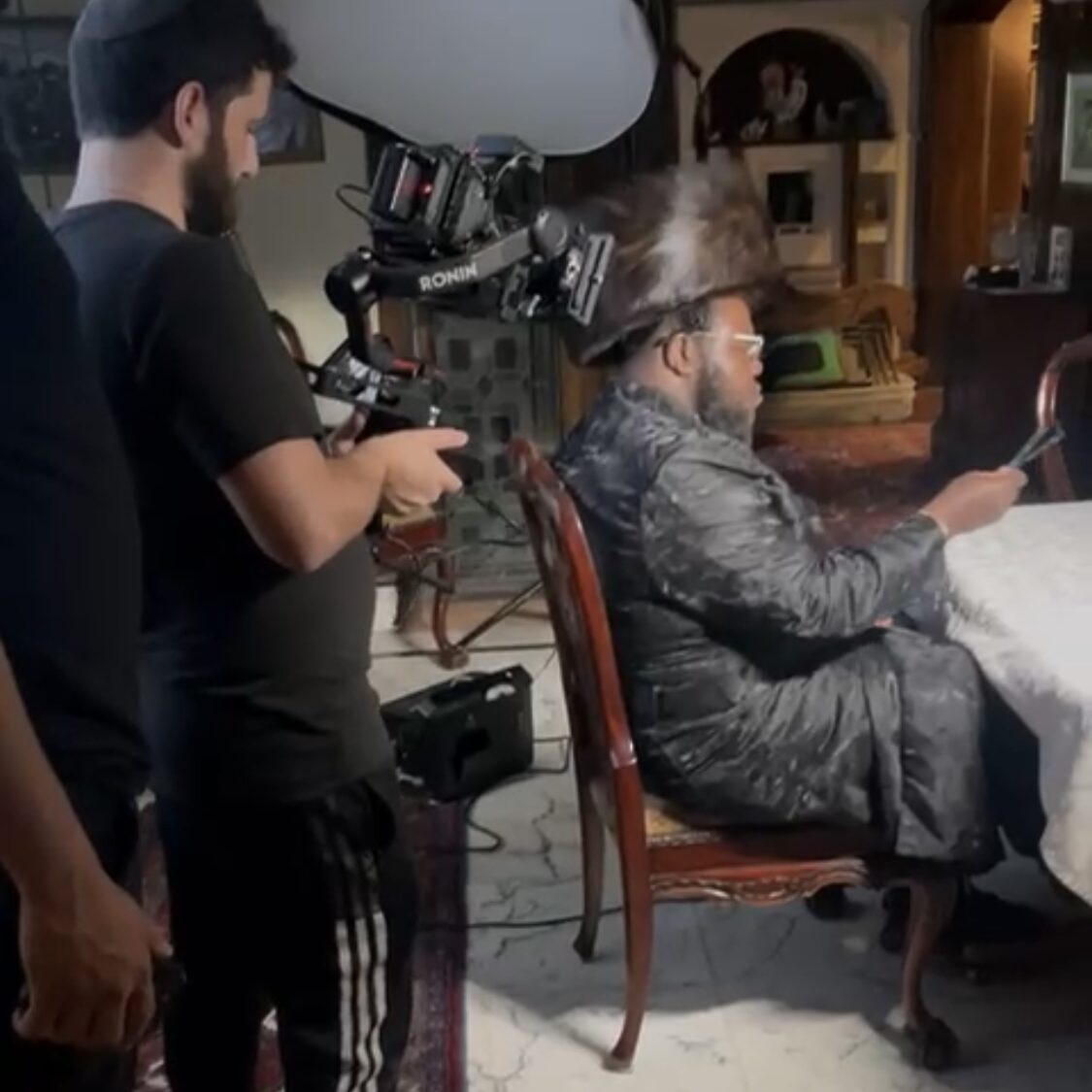
Collaboration, Not Competition
The future is not AI versus us. The future is AI with us.
When we collaborate with these tools, we open the door to a new level of content. Imagine combining cinematic production with AI-driven editing. Imagine pairing human storytelling with data-driven insights on what audiences connect with most.
That’s not less creativity — that’s more. That’s amplification.
Take the music industry as an example. AI can generate instrumentals or mimic styles, but the artists who thrive will be those who fuse these tools with their own originality. It’s not about abandoning human craft; it’s about multiplying it.
The same applies to film, photography, and marketing. When we stop asking whether AI will replace us and start asking how AI can collaborate with us, that’s when we unlock its real potential.
True growth comes when we see AI and the future of creative content as a partnership, not competition.
The Opportunity Ahead
The businesses that thrive in this new era will be the ones willing to adapt, experiment, and partner with creatives who understand both the old and the new.
Together, we can take the timeless elements of storytelling and marry them with the speed and scalability of AI.

t’s not about losing authenticity. It’s about multiplying it. It’s about telling better stories, reaching more people, and doing it in ways that were once impossible.
The advent of AI doesn’t mean the end of creative industries. It means the beginning of a new chapter — one where the best of human imagination and the best of technology come together to create something truly extraordinary.
So here’s my invitation: let’s get on a call and talk about how we can leverage AI to bring your vision to life — better than you ever imagined.
Will AI replace creative jobs?
No. AI can automate tasks, but it cannot replace human imagination, storytelling, or emotional depth. Creativity will always need people.
How can businesses benefit from AI in content creation?
AI makes content faster, cheaper, and scalable. It helps businesses test more ideas, save costs, and still maintain quality.
What should creators focus on in the AI era?
Creators should use AI for repetitive tasks and focus their energy on artistry, originality, and building authentic human connections. Ultimately, AI and the future of creative content is about combining technology with human vision.
